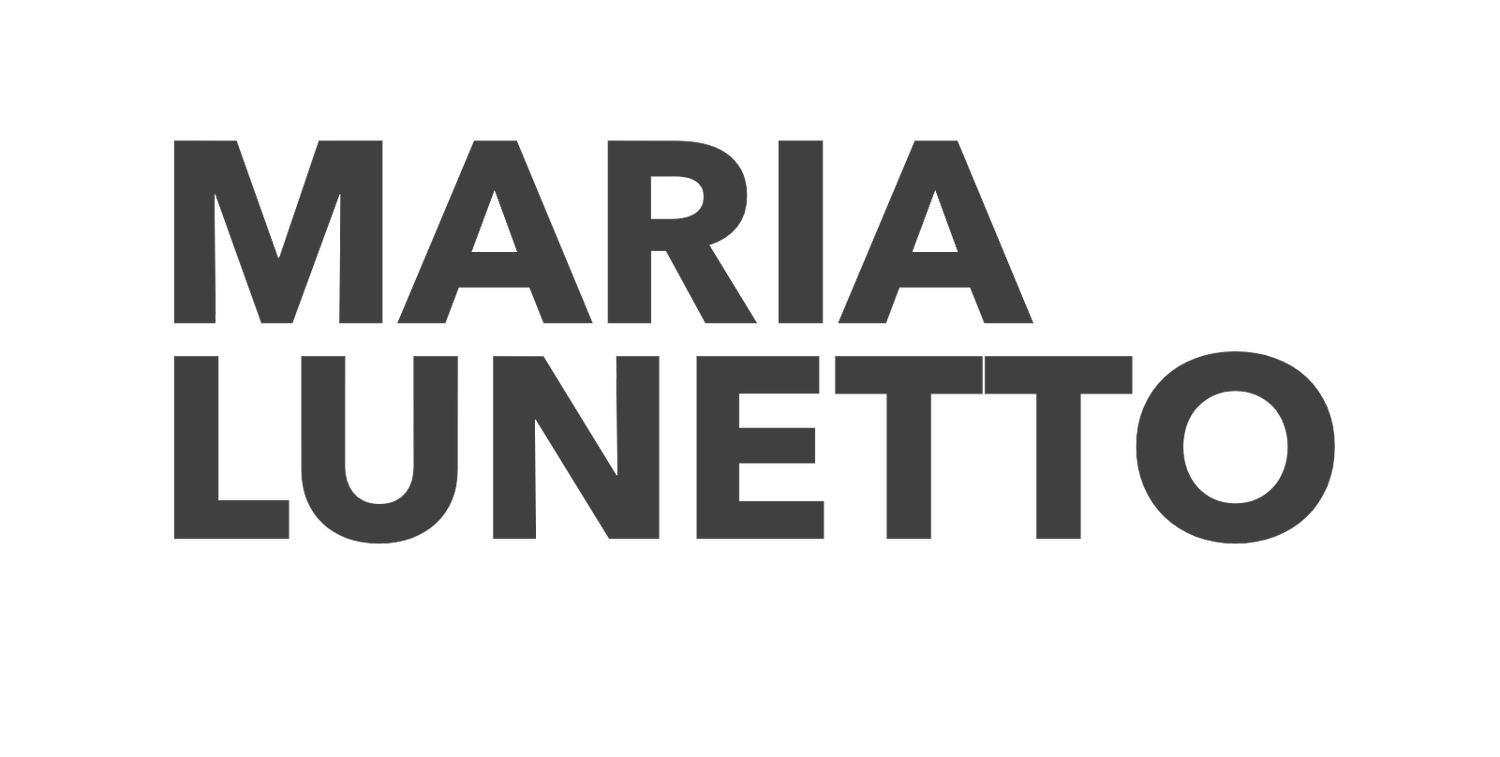
MY SERVICES
Whether you're looking for a partner on a long-term initiative or just need help tackling a specific challenge, I provide behavioural science services that scale to fit your goals.
-
I design behavioural interventions that go beyond quick fixes — starting with a deep understanding of the challenge, followed by research, solution design, testing, and evaluation.
Each project is tailored to the specific context and intended outcome, whether the goal is improving response rates, enhancing collaboration, or changing digital habits.
An example? This could involve redesigning payment reminders to increase timely responses, adjusting office layouts to support teamwork, or introducing new processes to make sustainable behaviours easier.
-
I design and deliver interactive sessions to equip teams with practical tools and strategies from behavioural science.
These sessions are tailored to your organisation’s needs, whether it’s learning how to apply behavioural insights, solving a specific challenge, or building capacity for long-term success.An example? A training might guide a marketing team in applying behavioural principles to improve customer engagement or teach HR professionals how to design processes that encourage inclusive behaviours.
-
I investigate how people behave and what drives the behaviour in a specific context using methods like surveys, interviews, focus groups, literature review, and observational methods.
An example? This research answers questions such as, “Why do employees avoid using secure file-sharing tools?”. This behaviour can be influenced by many factors — from beliefs around the safety of the tools, time pressure, corporate norms to leadership modelling. Research helps determine which of these are actually driving the behaviour in a specific context.
-
I review existing products, services, or processes or evaluate solutions we have created as part of a project to identify opportunities for improvement and assess effectiveness.
An example? An audit might evaluate whether a newly implemented incentive programme has successfully increased participation rates (outcome evaluation) and assess its acceptability and delivery to identify how well it aligns with user needs and organisational goals (process evaluation).
-
I share insights on behavioural science at events, helping audiences understand and apply its principles in practical ways.
Presentations are tailored to the event’s theme, whether it’s exploring how small design tweaks can improve workplace engagement or addressing how behavioural insights can tackle sustainability challenges.
Unsure if it’s a fit?
Let’s explore how behavioural science can address your unique challenge!
CASE STUDIES
Real-world results from sustainability to compliance show how behavioural interventions can drive measurable impact across diverse organisational goals.
MY APPROACH
From insights to impact: Most challenges involve people, and where there are people, there is behaviour - whether it’s getting employees to log their progress, encouraging healthier food choices, or motivating teams to save energy.
A typical project has spans five stages for behavioural impact:
-
This stage defines the challenge by clarifying what needs to change, why it matters, and to whom. It involves mapping the current situation, identifying desired outcomes, and surfacing assumptions that may be shaping perceptions.
By establishing a clear understanding of the context and goals, this phase creates a solid foundation for all future work. -
This phase dives deep into the challenge by analysing the behaviours, barriers, and contextual factors that drive it. Through methods like desk research, surveys, interviews, and data analysis, the underlying drivers of behaviour are identified and mapped.
For instance, understanding why certain behaviours (don’t) occur - whether due to time constraints, lack of awareness, or social pressure - helps identify where and how to intervene effectively. -
Insights from the Understand phase are used to co-create solutions tailored to the specific behaviours and barriers identified. Solutions are grounded in evidence from behavioural science, using proven frameworks, models, and theories to structure the approach.
This could involve developing tools, training, or strategies that make the desired behaviour easier, more intuitive, or more rewarding for those involved. -
This phase focuses on implementing the solutions and monitoring their impact. Solutions are tested in real-world settings, with feedback collected and iterations made to ensure effectiveness.
By piloting interventions on a smaller scale and refining them based on observations and input, solutions are optimised before scaling up. -
This stage is all about understanding what worked, how it worked, and where improvements can be made. It involves collecting insights on the effects of the solutions and exploring how they were experienced in practice.
Reflecting on results and lessons learned, supports continuous improvement and helps build on successes over time.

4 GUIDING PRINCIPLES OF MY WORK
Whether I’m developing a strategy, crafting a solution, or working with a team, these four principles are the foundation of how I think and work.
I ground my work in rigorous research and follow evidence-based methodologies to ensure reliability and validity in findings and solutions.
01
Rely on science and systematic methods
02
Collaboration is key
To ensure solutions align with your needs, I encourage open communication and co-creation. This process helps you understand and utilise insights, maximising their potential even after the project ends.
Behaviours don’t occur in a vacuum. I apply a systems-thinking approach to identify broader interconnections, creating holistic solutions and minimising unintended consequences.
03
Take a systems-thinking perspective
In my work, there is no one-size-fits-all strategy - approaches are always tailored to fit the unique circumstances, needs, and challenges of each client.






